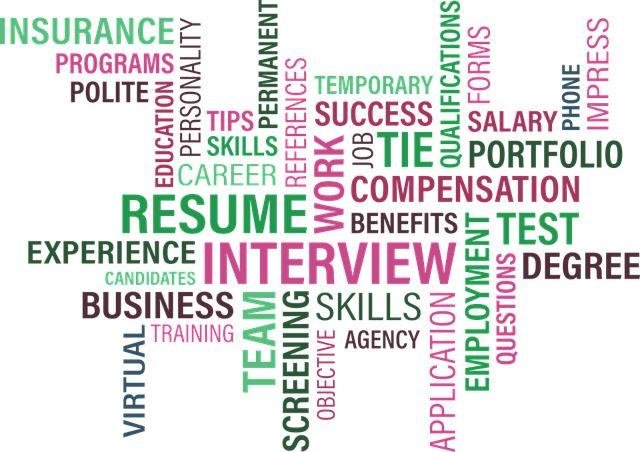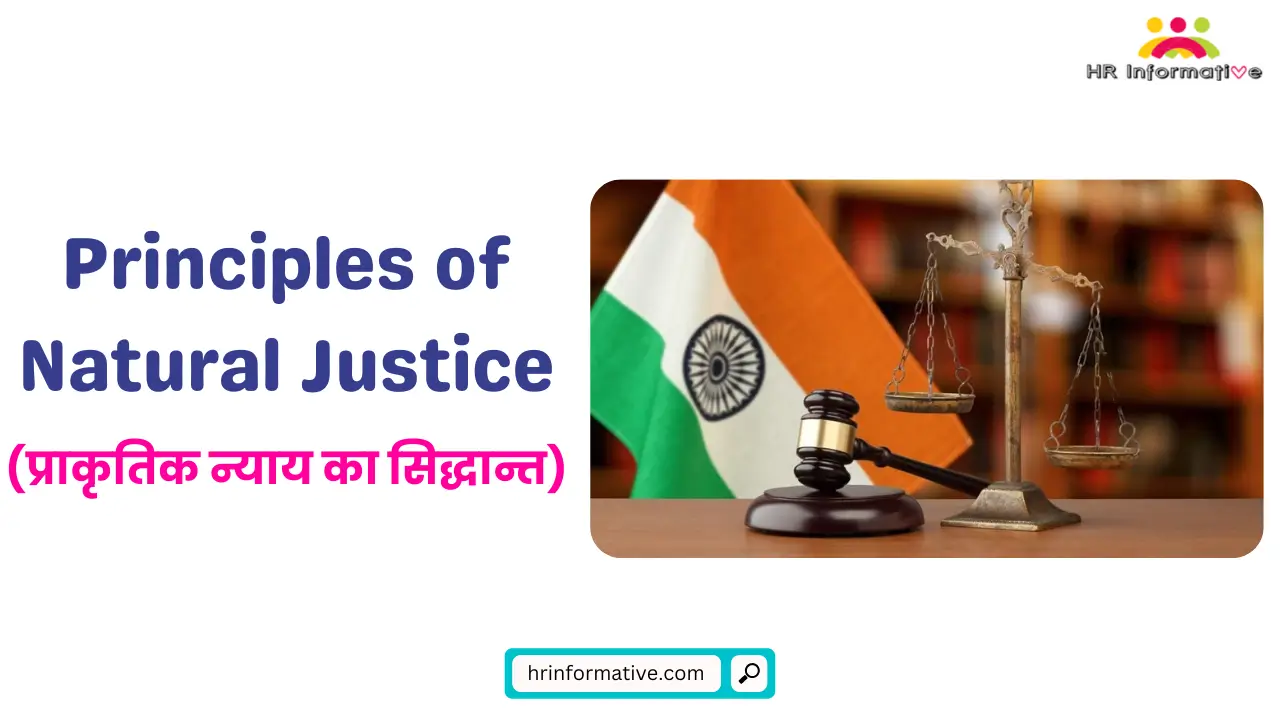Human Resources (HR) is not a small thing in the organization. It is very vast. One person cannot do all kinds of HR activities in the organization. Especially in big organizations. On the basis of the work, it is categorized as below.
- Human Resource Executive (HR Executive)
- Human Resource Recruiter (HR Recruiter)
- Human Resource Generalist (HR Generalist)
- Human Resource Manager (HR Manager)
- Human Recourse Compliance (HR Compliance)
- Human Resource Finance (HR Finance)
So let’s see all the details one by one.
Human Resource Executive (HR Executive)
Human Resource Executive performs the basic functions of the HR department. It handles areas such as personal management, social welfare and maintains HR records.
Role and Responsibility
- Reviewing resumes and applications.
- Conducting recruitment interviews and providing the necessary inputs during the hiring process.
- Working with recruitment agencies to source candidates for specific job positions.
- Maintaining HR records.
- Taking care of Joining Formalities.
- Maintaining and updating personnel files and keeping their records.
- Conducting Induction programs for New Joining.
- Recording, maintaining and monitoring attendance to ensure employee punctuality.
- Preparing Attendance Records, Leave Records, Absent Records, Attrition Rates etc.
- Preparing all relevant HR letters such as Offer Letters, Appointment Letters, Deputation Letters, Relieving Letters, Experience Letters, Termination Letters etc.
- Handle the queries and grievances of the employee.
- Conducting exit interviews.
- Taking care of exit formalities.
- Prepare and maintain various HR reports.
Human Resource Recruiter (HR Recruiter)
Human Resource (HR) Recruiter plays a very important role in the organization. HR Recruiter is responsible for all aspects of recruiting for an organization and plays a critical role in ensuring it is hiring the best possible talent. An HR recruiter’s main goal is to efficiently and effectively fill open positions.
Role and Responsibility
- Responsible for hiring the best talent from the market on a specific budget as per organization requirements.
- Develop and execute a recruiting plan.
- Develop and track goals for the recruiting and hiring process.
- Maintain the proper tracking record of the candidates.
- Screening the applicants and evaluating if they meet position requirements or not.
- Work with hiring managers to create job descriptions.
- Conduct regular follow up with managers to determine the plans and implementation.
- Conduct regular follow up with the candidates to close the required position.
Human Resource Generalist (HR Generalist)
A human resource generalist is also known as HR Generalist. It is responsible for day to day management of human resource operations within an organization. HR Generalist has a wide range of responsibilities. The work of an HR Generalist can be stressful. HR Generalist has to follow the orders from their senior HR people like HR Manager, Director etc.
Role and Responsibility
- Responsible for the day-to-day management of human resource operations.
- Organize hard and soft copies of employee records.
- Manage payroll and employee benefits.
- Manage bonus, attendance, leaves and absence records.
- Reinforce the company policies and procedures.
- Oversee the employee labour law and regulation to ensure compliance.
- Conduct and analyse exit interviews and make actionable recommendations based on the data.
- Handle the employee grievances.
- Handling welfare and health benefits.
- Managing employee relations and retention.
Human Resource Manager (HR Manager)
Human Resource Manager oversees the human resource department and ensures the function and task being carried out by the HR Team. HR Manager is often seen as the link between an organization and its employees.
Role and Responsibility
- HR Manager is responsible for attracting, motivating and retaining the employees in the organization.
- Coordinate and supervise the work of the human resource staff.
- Meet with other department heads and collect information about their staffing and training needs.
- Plan and oversee employee benefit programs.
- Supervise recruitment, interviews, selections, hiring and training.
- Conducting new employee induction and orientations.
- Conducting employee relation counselling.
- Maintaining department records and reports.
- Overseeing exit interview.
- Developing, revising and recommending employee policies and procedures.
- Handle employee issues and disciplinary procedures.
- Advise company leaders on human resource issues.
- Work to build and maintain a strong company culture.
- Workforce planning to maximize employees’ talent.
- Determining suitable salaries and remuneration.
- Conducting Reward and Recognition programs.
Human Resource Compliance (HR Compliance)
The role of the HR Compliance Officer is a very important one for organizations of all sizes. HR Compliance Officer is responsible for ensuring that the organization follows all compliance laws or labour laws as per state and local regulations. HR Compliance Officer has to stay up to date on all labour law compliance as per state rules and its issues.
Role and Responsibility
- HR Compliance Officer has to maintain employee records as per state and local regulations.
- Ensuring that the organization must follow all applicable statutory compliance labour laws as per state and local regulations.
- Compliance Officer is to ensure that the company adheres to legal standards and in-house policies.
- Also responsible for enforcing regulations in all aspects, at all levels, as well as responsible for providing guidance on all compliance matters.
- Responsible for maintaining employee muster roll, wage register, overtime, and leave records applicable as per state rules.
- Responsible for filing statutory compliance returns like Bonus Returns, Maternity Returns, and Minimum Wage Returns etc. on time.
- Ensuring statutory compliance for PF, ESIC, Annual Returns, Shop and Establishment License and other applicable Labour Law.
- Taking care of statutory compliance audits when required.
Human Resource Finance (HR Finance)
Human Resource Finance officer is the in-charge of overseeing the financial transactions of a company. It is responsible for developing budgets, monitoring transactions and preparing financial reports. Also take care of employee pay records, benefits and approval of pay-outs.
Role and responsibility
- Keep accurate records of all daily transactions.
- Prepare a balance sheet.
- Process Invoices.
- Records accounts payable and accounts receivable.
- Prepare monthly, quarterly and annual financial reports.
- Reconcile bank Statement.
- Participate in financial audit.
- Track bank deposits and payments.
- Assists with budget preparation.
- Review and implement financial policies.
You May Read Also :



